How Non-smoker Catches Lung Cancer, See Reason
September 12, 2022 By Raulf Hernes

(Image Credit Google)
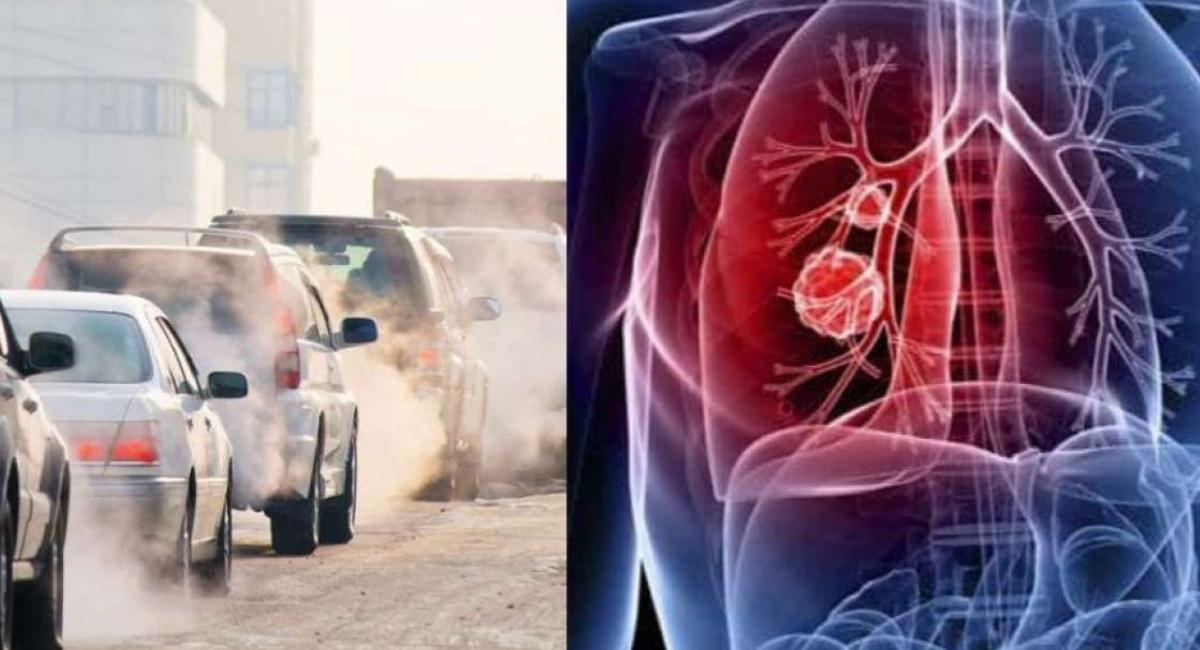 According to Charles Swanton of the UK's Francis Crick Institute, the research also could pave the way for a new field of cancer prevention. He presented the study, which is not yet published in a journal, at the European Society for Medical Oncology's annual conference in Paris.
Air pollution is known to be a source of lung cancer in nonsmokers. Swanton stated, "But we didn't really know whether pollution was directly causing lung cancer – or how."
It has always been thought that exposure to carcinogens like pollution and cigarettes causes DNA mutation and then causes cancer. SwanHowever, ton's study proposes a different model.
According to Charles Swanton of the UK's Francis Crick Institute, the research also could pave the way for a new field of cancer prevention. He presented the study, which is not yet published in a journal, at the European Society for Medical Oncology's annual conference in Paris.
Air pollution is known to be a source of lung cancer in nonsmokers. Swanton stated, "But we didn't really know whether pollution was directly causing lung cancer – or how."
It has always been thought that exposure to carcinogens like pollution and cigarettes causes DNA mutation and then causes cancer. SwanHowever, ton's study proposes a different model.
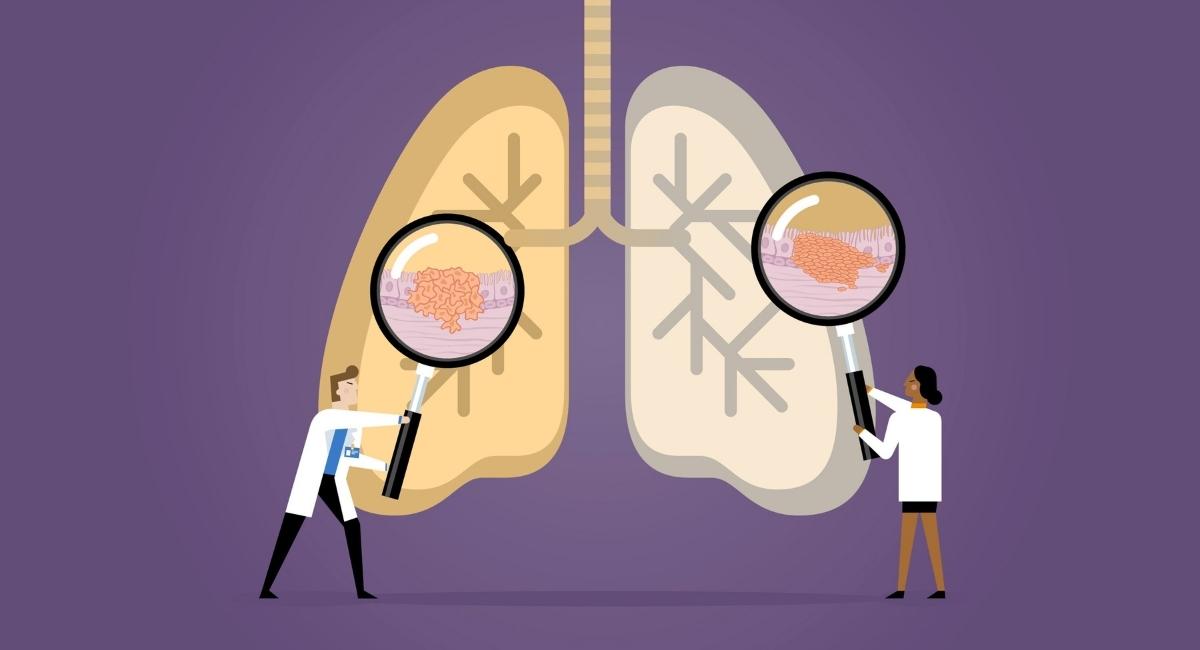 Francis Crick Institute research team and University College London examined the health data of more than 460,000 people in South Korea, Taiwan, and England. They found that exposure to tiny PM2.5 pollution particles – less than 2.5 microns across – increased the risk of mutations in the EGFR gene.
The studies done in the labs on mice showed particles caused changes in the EGFR gene and the KRAS gene, both of which are linked to lung cancer. In addition, the team analyzed 250 human lung tissue samples never exposed to smoking or pollution. DNA mutations were found in 33% of KRAS genes and 18% of EGFR genes, even though the lungs were healthy.
Francis Crick Institute research team and University College London examined the health data of more than 460,000 people in South Korea, Taiwan, and England. They found that exposure to tiny PM2.5 pollution particles – less than 2.5 microns across – increased the risk of mutations in the EGFR gene.
The studies done in the labs on mice showed particles caused changes in the EGFR gene and the KRAS gene, both of which are linked to lung cancer. In addition, the team analyzed 250 human lung tissue samples never exposed to smoking or pollution. DNA mutations were found in 33% of KRAS genes and 18% of EGFR genes, even though the lungs were healthy.
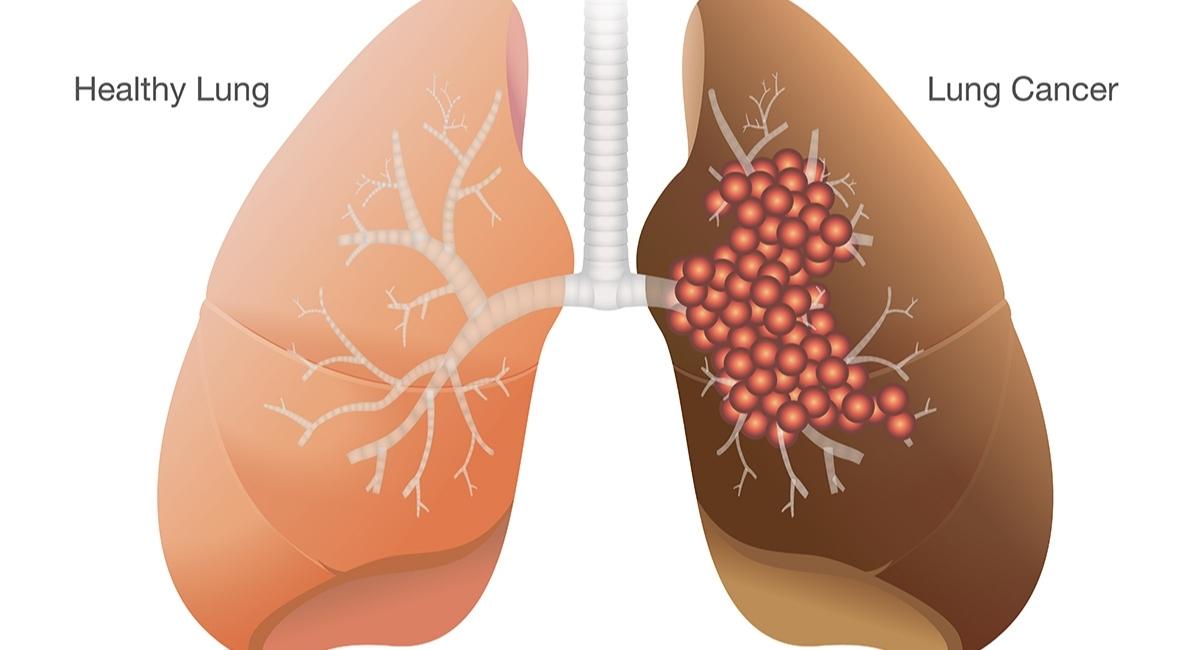 Swanton stated, "They're just sitting there," and added that the mutations seem to increase with age. "On their own, they probably are insufficient to drive cancer." He added, "But when a cell is exposed to pollution, it can trigger a "wound-healing response" that causes inflammation." "And if that cell harbors a mutation, it will then form cancer." "We've provided a biological mechanism behind what was previously an enigma."
The researchers found that the antibody could block the mediator in another experiment on mice called interleukin one beta, which sparks that inflammation that stops cancer in the first place.
Swanton hoped the finding would "provide fruitful grounds for a future of what might be molecular cancer prevention, where we can offer people a pill, perhaps every day, to reduce the risk of cancer."
Swanton stated, "They're just sitting there," and added that the mutations seem to increase with age. "On their own, they probably are insufficient to drive cancer." He added, "But when a cell is exposed to pollution, it can trigger a "wound-healing response" that causes inflammation." "And if that cell harbors a mutation, it will then form cancer." "We've provided a biological mechanism behind what was previously an enigma."
The researchers found that the antibody could block the mediator in another experiment on mice called interleukin one beta, which sparks that inflammation that stops cancer in the first place.
Swanton hoped the finding would "provide fruitful grounds for a future of what might be molecular cancer prevention, where we can offer people a pill, perhaps every day, to reduce the risk of cancer."
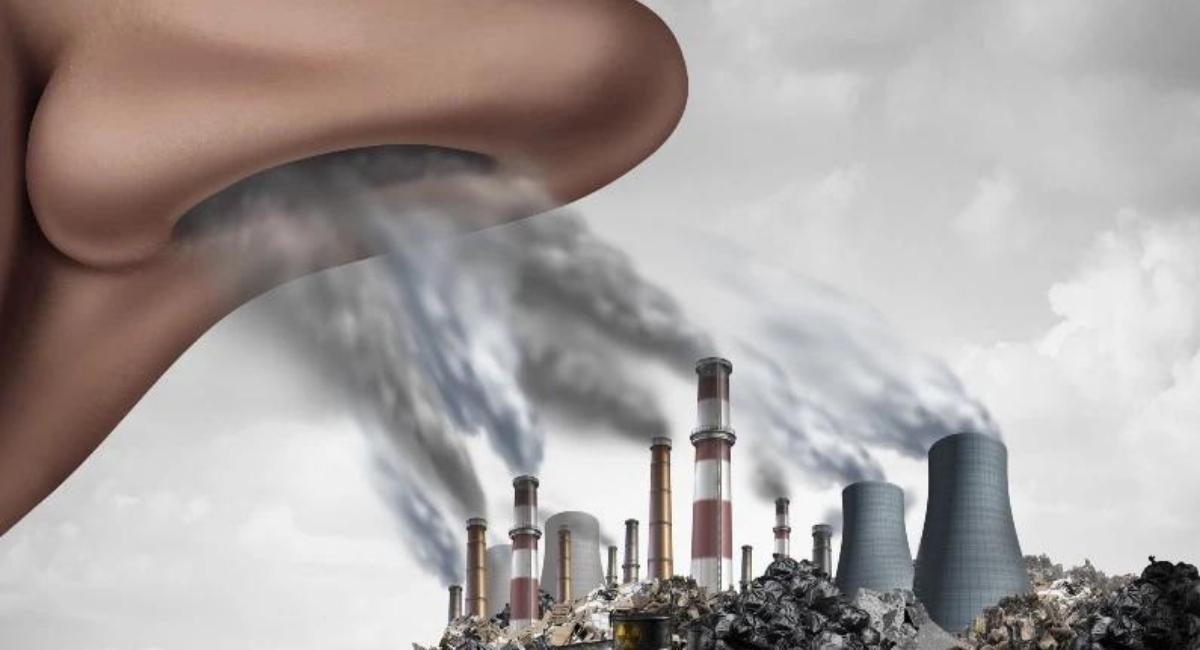 Suzette Delaloge, head of the cancer prevention program at France's Gustave Roussy institute, stated that the research was "quite revolutionary because we had practically no prior demonstration of this alternative way of cancer forming." "The study is quite an important step for science – and for society too, I hope. Delaloge stated, "This opens a huge door, both for knowledge but also for new ways to prevent cancer from developing." She was not involved in the research but discussed it at the conference on Saturday. "This level of demonstration must force authorities to act on an international scale."
An oncologist at the Chinese University of Hong Kong, Tony Mok, stated that the research is exciting. He stated, "It means that we can ask whether, in the future, it will be possible to use lung scans to look for pre-cancerous lesions in the lungs and try to reverse them with medicines such as interleukin 1 beta inhibitors."
Suzette Delaloge, head of the cancer prevention program at France's Gustave Roussy institute, stated that the research was "quite revolutionary because we had practically no prior demonstration of this alternative way of cancer forming." "The study is quite an important step for science – and for society too, I hope. Delaloge stated, "This opens a huge door, both for knowledge but also for new ways to prevent cancer from developing." She was not involved in the research but discussed it at the conference on Saturday. "This level of demonstration must force authorities to act on an international scale."
An oncologist at the Chinese University of Hong Kong, Tony Mok, stated that the research is exciting. He stated, "It means that we can ask whether, in the future, it will be possible to use lung scans to look for pre-cancerous lesions in the lungs and try to reverse them with medicines such as interleukin 1 beta inhibitors."
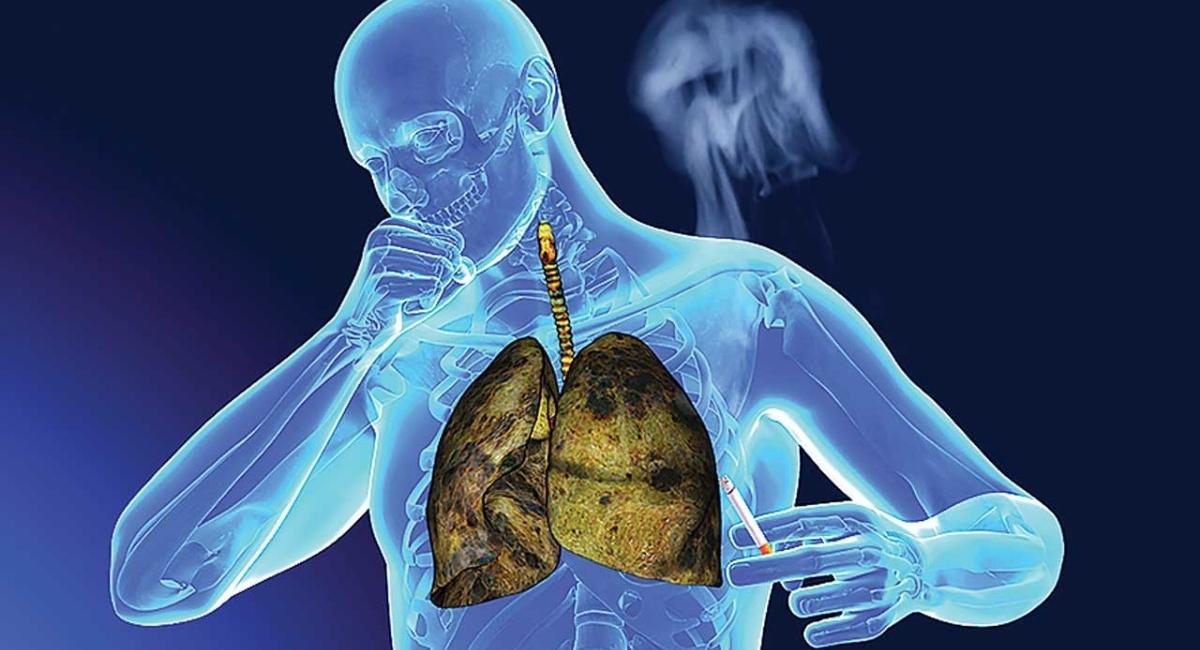 Swanton calls air pollution a hidden killer, with research showing deaths of more than eight million people linked to this, almost the same number of tobacco-related deaths. Swanton, also the chief clinician at Cancer Research UK, who was the research's primary funder, added, "You and I have a choice about whether we smoke or not, but we do not have a choice about the air we breathe." "Given that probably five times as many people are exposed to unhealthy levels of pollution than tobacco, you can see this is quite a major global problem."
Swanton calls air pollution a hidden killer, with research showing deaths of more than eight million people linked to this, almost the same number of tobacco-related deaths. Swanton, also the chief clinician at Cancer Research UK, who was the research's primary funder, added, "You and I have a choice about whether we smoke or not, but we do not have a choice about the air we breathe." "Given that probably five times as many people are exposed to unhealthy levels of pollution than tobacco, you can see this is quite a major global problem."
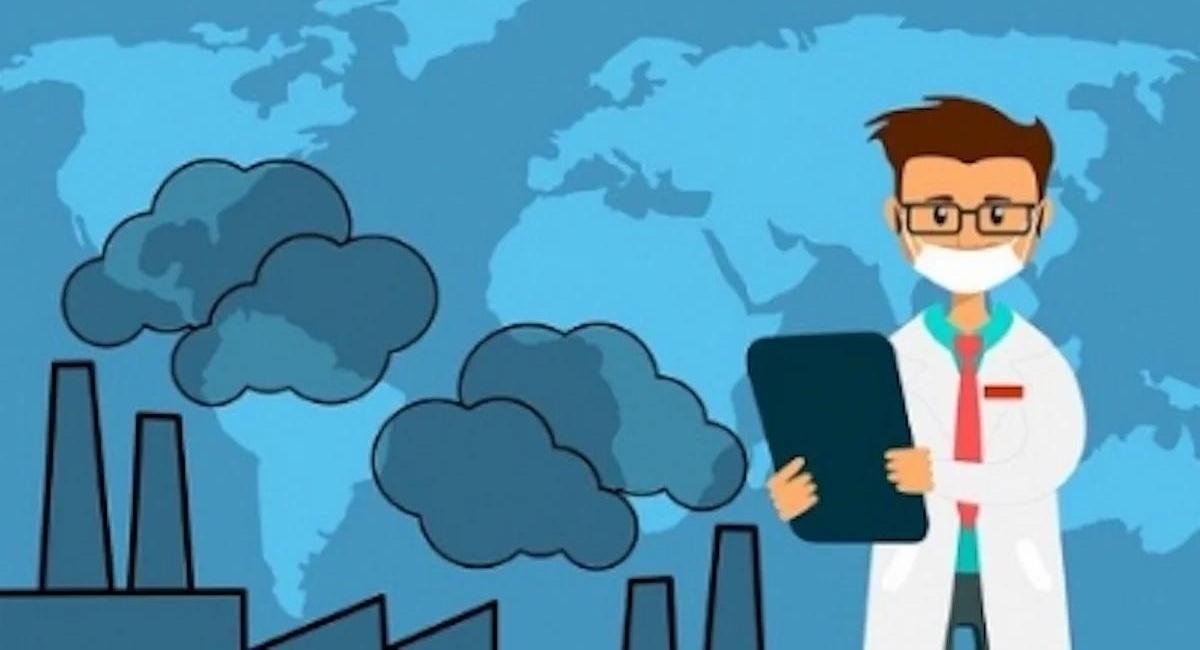 "We can only tackle it if we recognize the really intimate links between climate health and human health." Another research has linked PM2.5 to 250,000 deaths annually from lung cancer alone.
"We can only tackle it if we recognize the really intimate links between climate health and human health." Another research has linked PM2.5 to 250,000 deaths annually from lung cancer alone.
Leave a Reply

Apple's iOS 18: A Leap into the AI Era
March 12, 2024

Google's Regular Pixel 8 Won't Get Gemini Nano AI
March 12, 2024

MacBook Air M3 Makes Amends for M2's Storage Blunder
March 11, 2024

Samsung Unveils the Galaxy M15 5G
March 11, 2024

Elon Musk's xAI to Open-Source Chatbot Grok
March 11, 2024

Contra: Operation Galuga - A Modern Run-and-Gun Classic
March 11, 2024

Musk Confirms X's TV App Arrives This Week
March 11, 2024
RELATED NEWS
2
3
4
5
6
7
8
9
10



